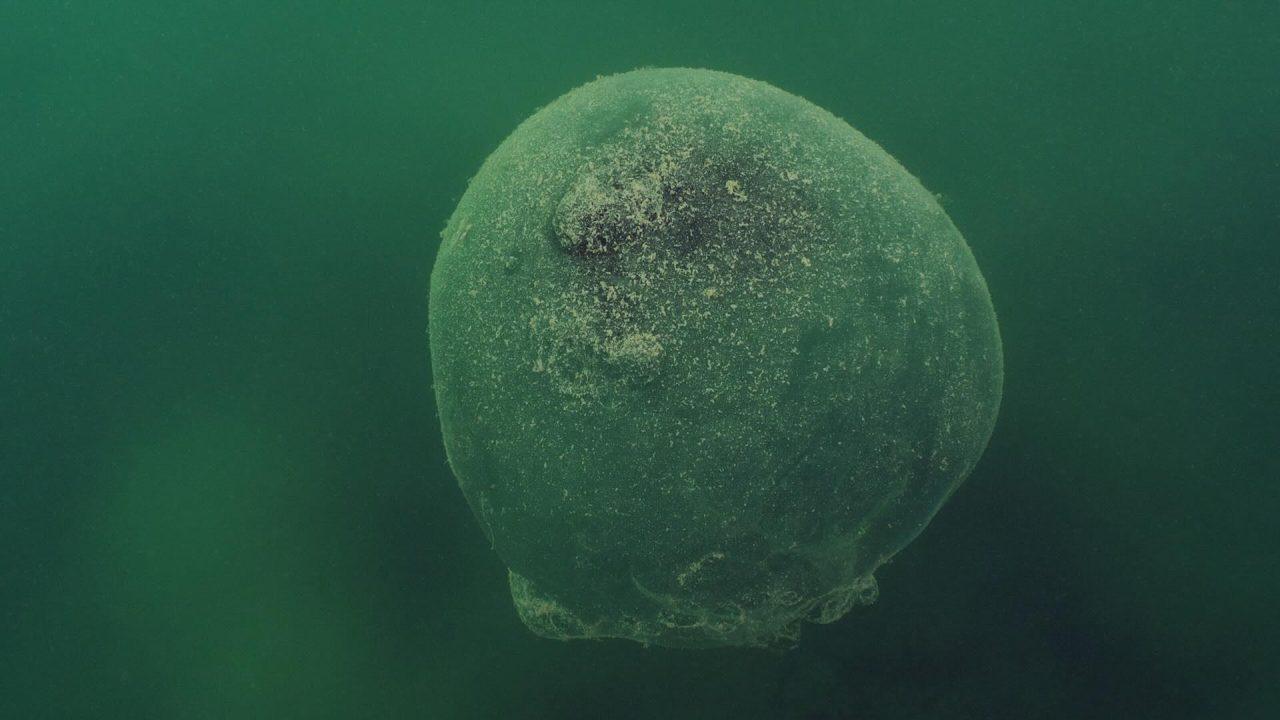
There have been rumours of large mysterious jelly balls floating around in the sea. For a long time, they have puzzled scientists. From northern Norway to the Mediterranean, around 100 records have been made since 1985. And three of these in Sweden. Our underwater photographer Tobias Dahlin has now made a fourth find, in the Gullmarsfjord in Bohuslän on the Swedish west coast, and he had his camera with him. We also meet Halldis Ringvold, a Norwegian marine biologist, who in 2021 revealed what's really hidden inside the meter-long wondrous balls.
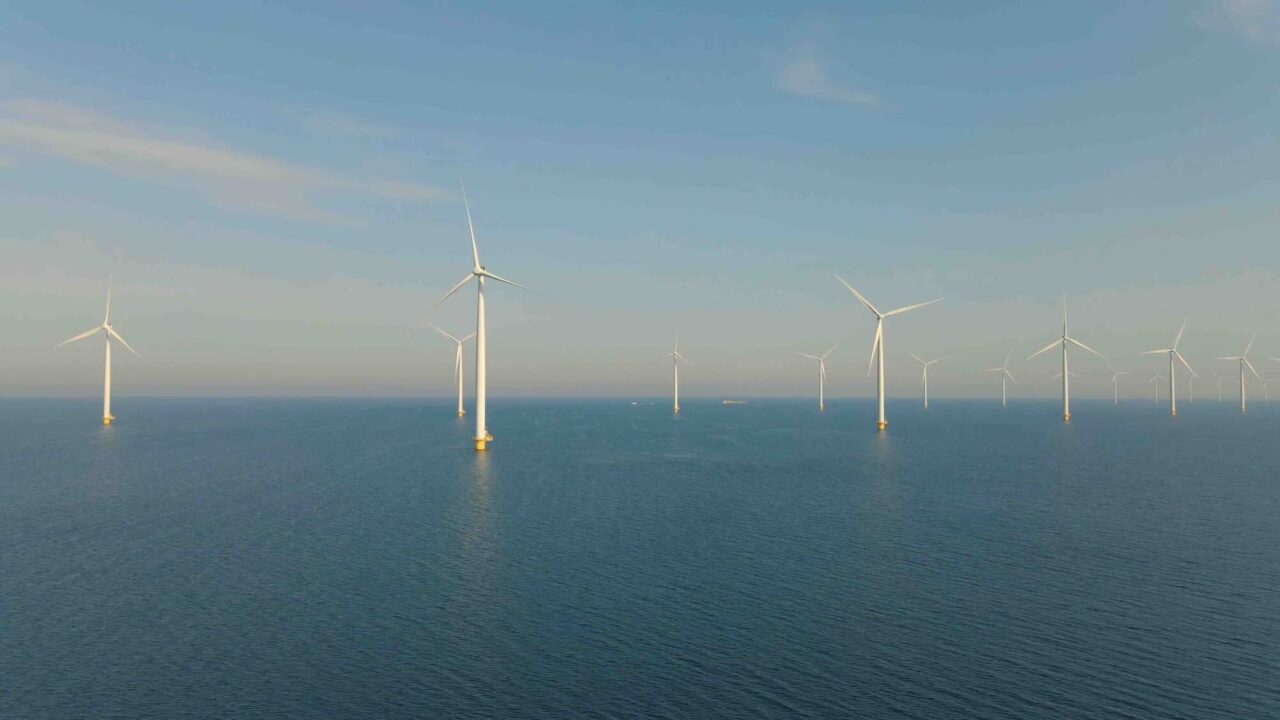
When two large wind farms were planned in the sea on the Swedish west coast, the shrimp fishermen became worried that they would no longer be able to trawl for shrimp. The trawlers managed to get the Uddevalla municipal board involved in the unrest and together they started a campaign they called "Save the shrimp". The only question is – which shrimp and from whom should it be saved?
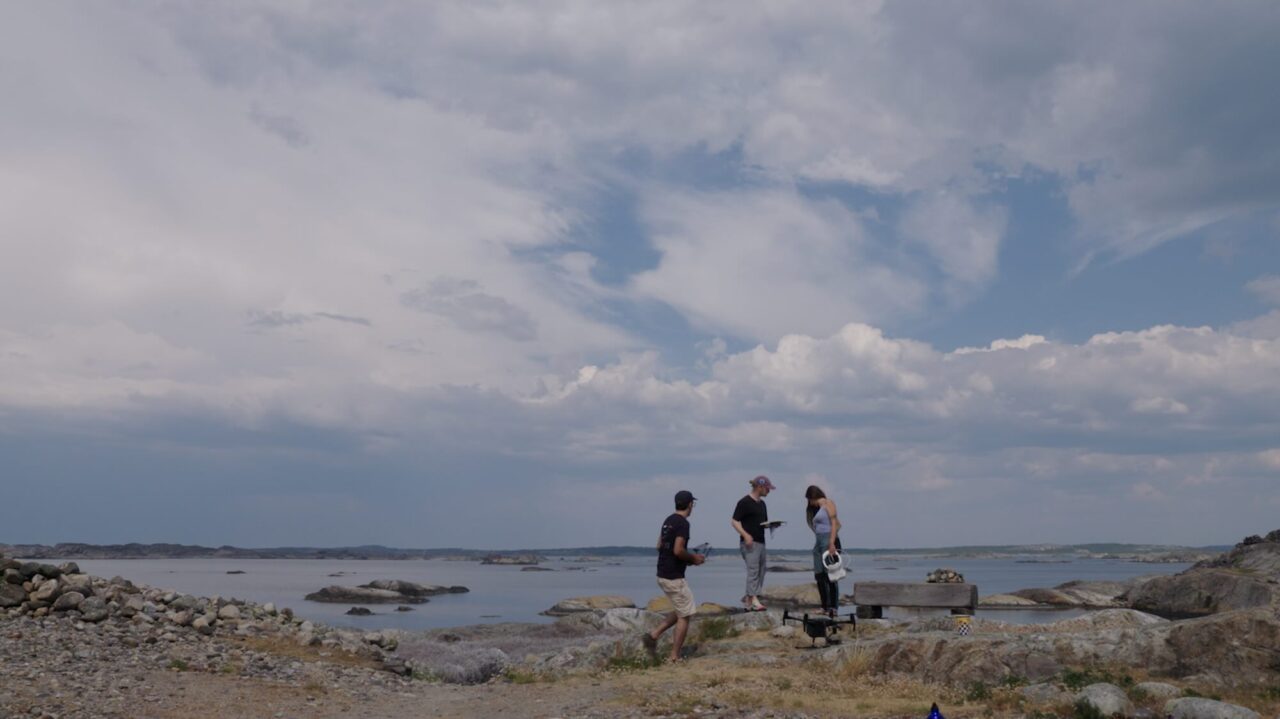
We accompanied seal researchers from the University of Gothenburg, to Koster. In the archipelago on the Swedish west coast. Koster is one of the places where the harbor seals give birth, at the beginning of summer every year.
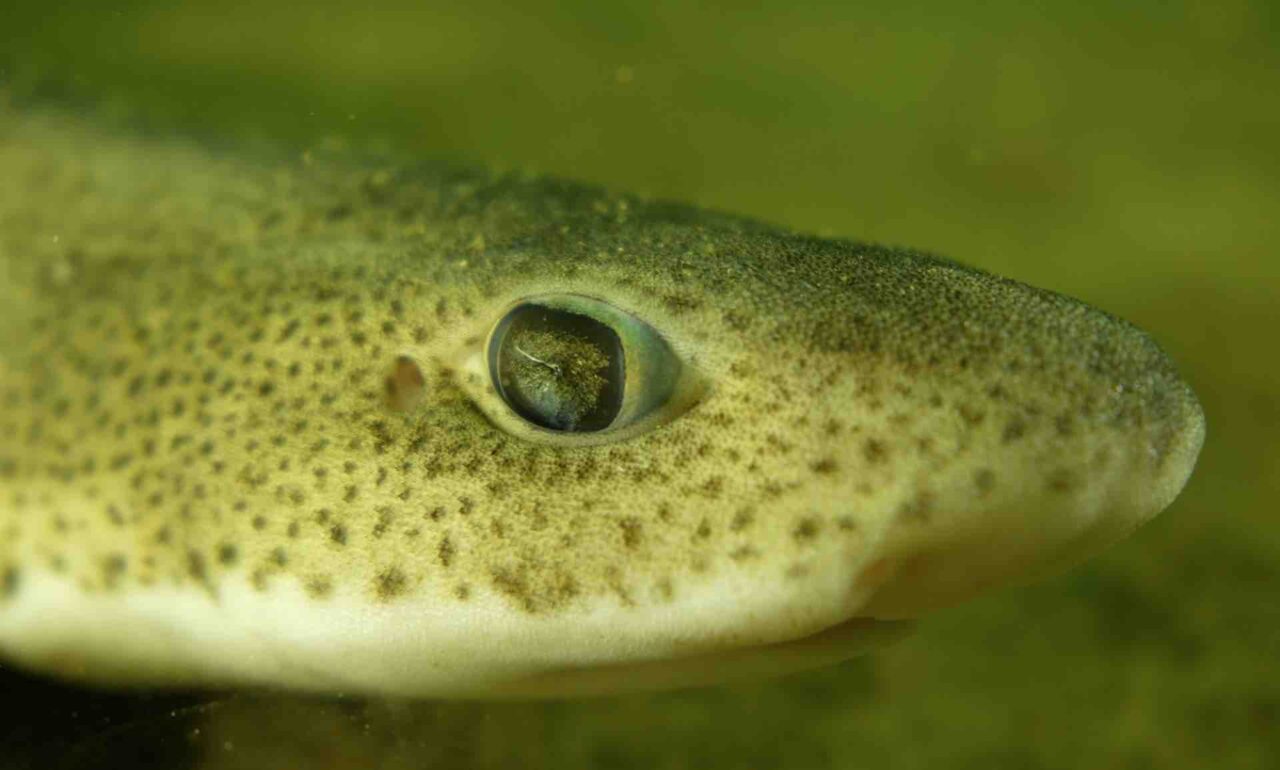
Indeed, we do have sharks in Sweden. Perhaps up to 17 different species! Some are, of course, very rare visitors to Swedish waters, while others live their entire lives in the same place.
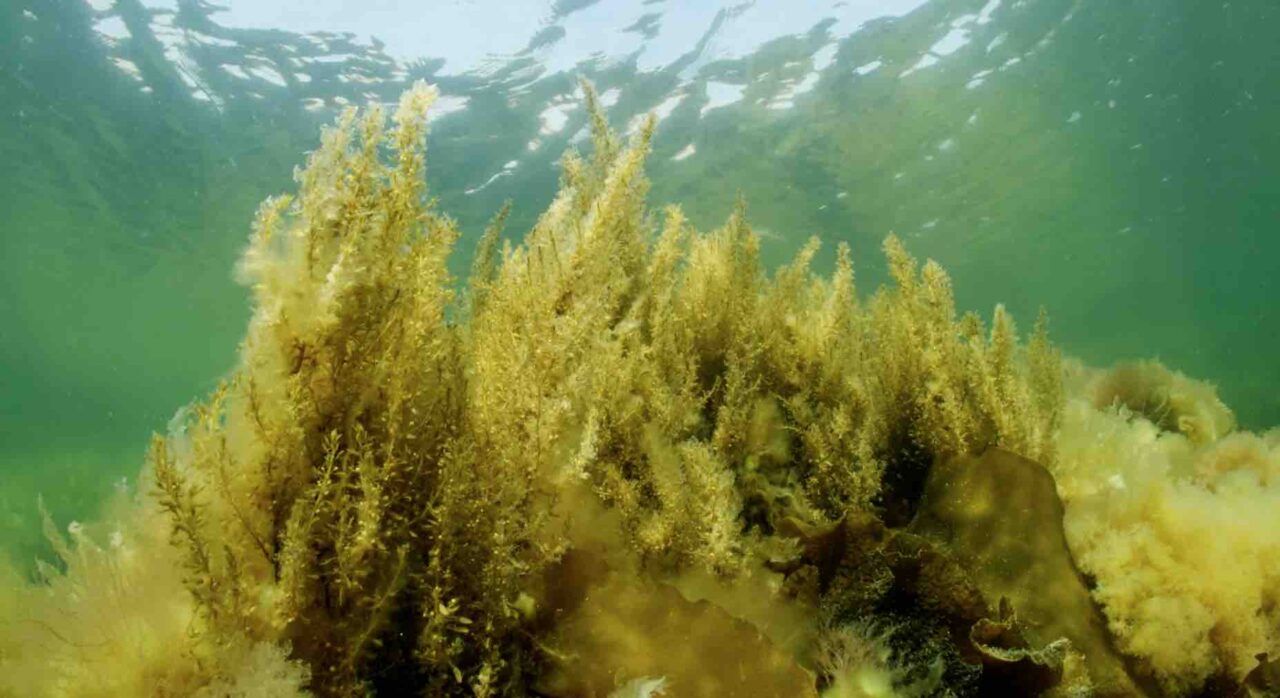
Sargasso seaweed, a brown algae, was initially discovered in 1985 in northern Bohuslän and has since become prevalent along the Swedish west coast.
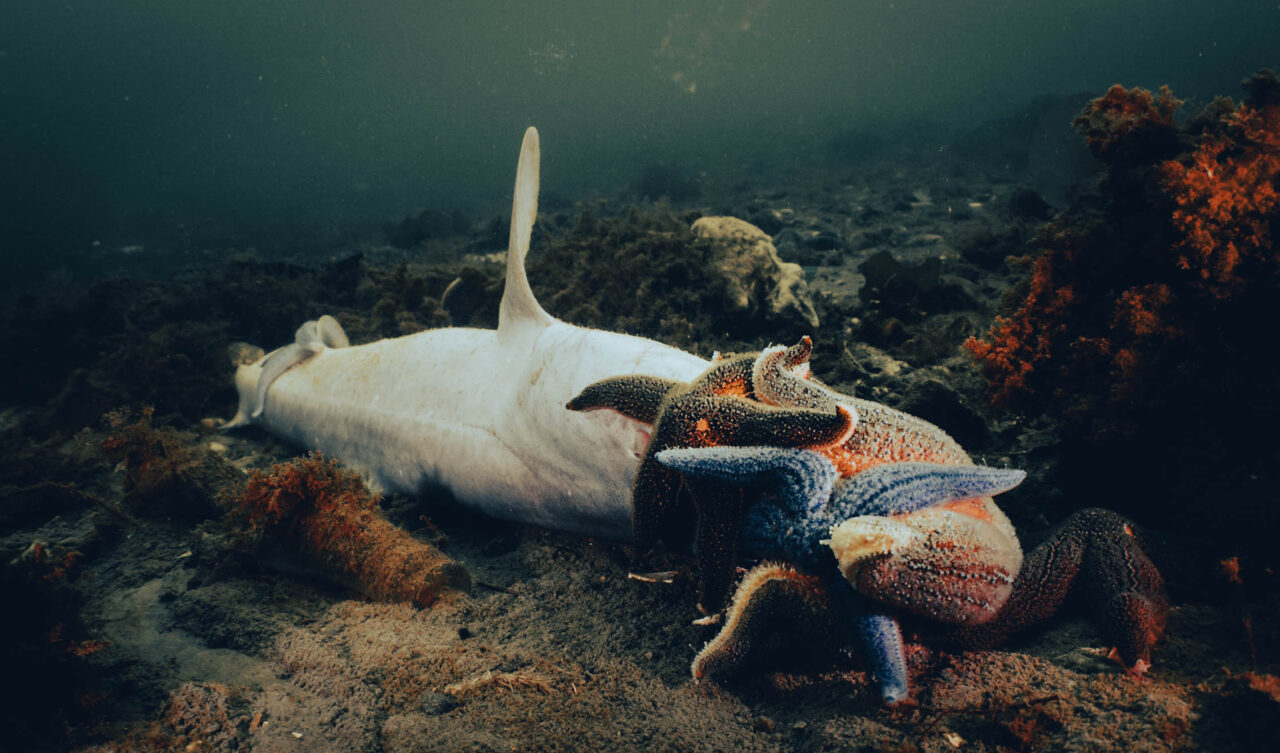
Prosecutor James von Reis writes that "it is not possible to prove who committed the deed".
The Japanese Giant Oyster is larger than our domestic variety, and its edges are so sharp that medical services on the west coast have issued warnings to bathing tourists.
Mattias Sköld is a researcher at SLU Aqua in Lysekil. He has been involved in filming the seabed in marine protected areas, including in Bratten, on behalf of the Norwegian Sea and Water Authority (HaV).
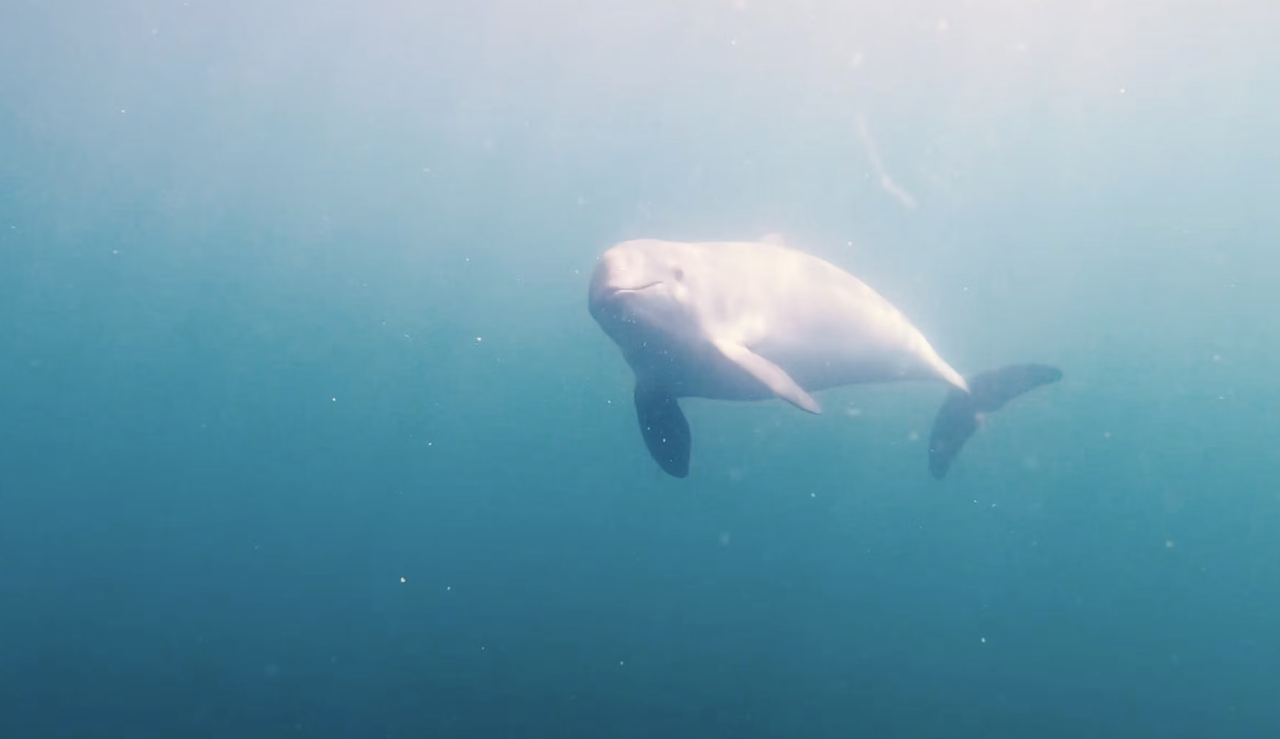
Sweden's only whale is not easy to see. In the Baltic Sea it is acutely threatened, but outside Kullaberg there is a small colony. There, scientists try to learn more about the porpoise's secret life. With the help of new technology, it can be studied both from above and below the water's surface.
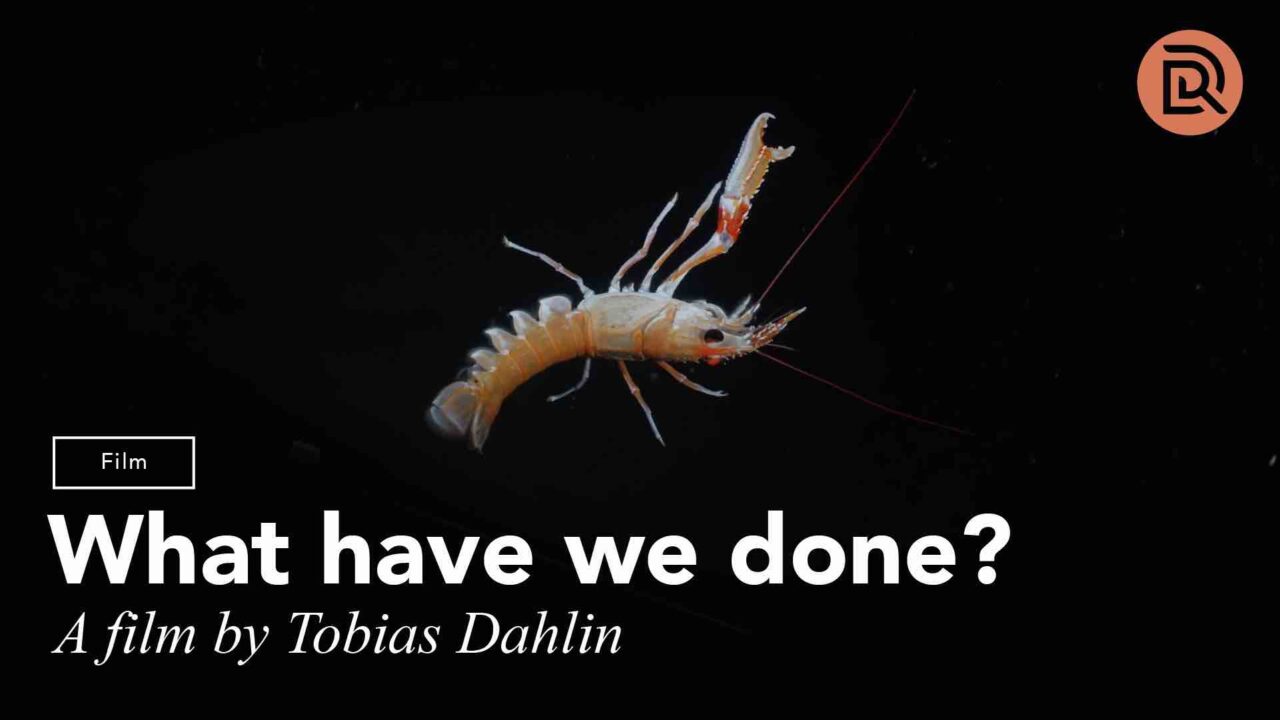
The film "What have we done?" which shows man's ruthlessness towards our oceans was praised and named "Honorable mention" in the international competition DPG/Wetpixel Masters 2022.